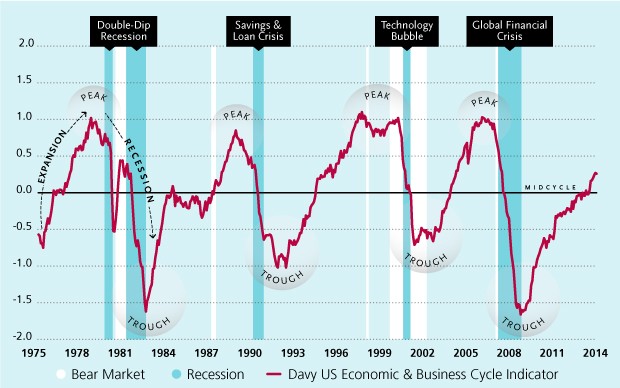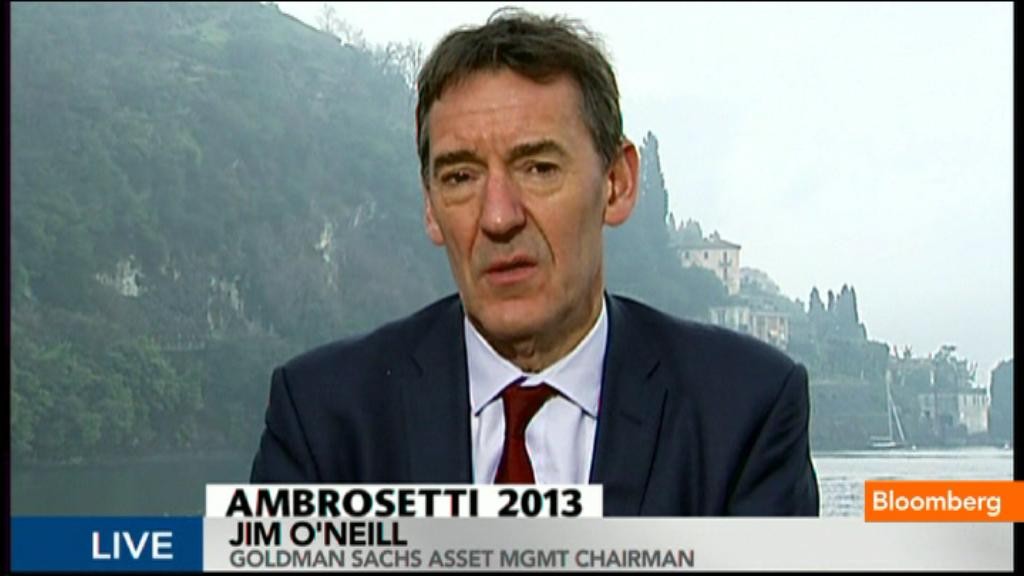Revives TripleDip Concerns Economy Bloomberg Business
Post on: 14 Июнь, 2015 No Comment

An employee inspects the aluminum body panels of an SUV automobile at Jaguar Land Rover Plc’s assembly plant, a unit of Tata Motors Ltd. in Halewood, U.K. Photographer: Simon Dawson/Bloomberg
March 1 (Bloomberg) — U.K. manufacturing unexpectedly shrank in February as new orders plunged, reviving concerns that the economy may slip into a triple-dip recession.
A gauge of factory activity plunged to 47.9, compared with a revised 50.5 in January, Markit Economics and the Chartered Institute of Purchasing and Supply said today in London. A reading below 50 indicates contraction. Separate reports today showed euro-area manufacturing shrank last month, while Chinese factory growth weakened.
The U.K. economy contracted in the fourth quarter and the Bank of England has forecast that growth will remain “weak” in the near term. ING Bank NV and BNP Paribas SA said today’s surprise slump will push policy makers to increase their bond-purchase program next week after Governor Mervyn King and two other officials were defeated in a push for more stimulus last month.
“A return to positive gross domestic product growth in the first quarter is not guaranteed,” ING economist James Knightley in London said in an e-mailed note. “The Bank of England has more work to do.”
Knightley forecasts that the Monetary Policy Committee will increase its 375 billion-pound ($564 billion) bond-purchase plan by 25 billion pounds on March 7. David Tinsley at BNP Paribas sees a similar increase, saying the latest data have “tipped the balance on what was a very fine decision.”
Pound Declines
Economists had forecast a factory index reading of 51 in February, according to the median of 31 estimates in a Bloomberg News survey.
The pound weakened against the euro and the dollar after the factory report, falling to the lowest since July 2010 versus the U.S. currency. Sterling was trading at $1.5031 as of 11:50 a.m. in London, down 0.9 percent from yesterday. Government bonds rose, with the yield on the benchmark 10-year gilt falling 7 basis points to 1.9 percent.
The Markit report showed that factory payrolls declined at the fastest pace in more than three years in February. Orders fell the most since July and export orders dropped for the 14th month. Markit said that “poor weather” and the Chinese New Year holidays hurt demand last month.
“Bad weather may have had some effect, but there is no getting away from the fact that this is a discouraging report,” said Simon Hayes, an economist at Barclays Plc in London. “The outlook for manufacturing remains shaky.”
Markit Chief Economist Chris Williamson said the report is a “major setback to hopes that the U.K. economy can return to growth in the first quarter.” Data so far this year point to manufacturing output falling as much as 0.5 percent, meaning a “strong rebound” is needed in March to prevent the industry acting as a drag on the economy this quarter, he said.
U.K. Property
A report from the Bank of England showed that mortgage approvals unexpectedly declined to 54,719 in January from a revised 55,632 in December. Net mortgage lending rose by 147 million pounds ($221 million), the least since August. Nationwide Building Society, which reported a 0.2 percent increase in home values in February, said today that the recovery in the property market is “likely to be gradual.”
In the euro region, a factory gauge was unchanged in February at 47.9, marking a 19th month of contraction, according to a separate Markit report today. That’s above an initial estimate of 47.8 on Feb. 21. While the index for Germany, the region’s largest economy, climbed to 50.3 from 49.8 in January, Italy’s dropped to 45.8 from 47.8.

‘Patchy’ Recovery
Also in the currency bloc today, the jobless rate rose to a record 11.9 percent in January from 11.8 percent in December. That’s the highest since the series started in 1995 and exceeded the median estimate in a Bloomberg survey. Separate data showed that euro-region inflation slowed more than forecast to 1.8 percent last month.
Hayes at Barclays said that while he expects the euro area to strengthen gradually this year, “signs of an improvement remain patchy.”
The Purchasing Managers’ Index for China fell to 50.1, the lowest in five months, from 50.4, the National Bureau of Statistics said. A separate gauge from HSBC Holdings Plc and Markit dropped to a four-month low of 50.4 from 52.3.
U.S. manufacturing also probably weakened last month, economists said before a report today. The Institute for Supply Management’s February factory index will fall to 52.5 from a nine-month high of 53.1 the prior month, according to the median estimate in a survey.
Before that, the Commerce Department will publish its monthly consumer spending report. It is forecast to show that expenditure rose 0.2 percent in February, the same pace as in January, even as incomes probably fell.
To contact the reporter on this story: Scott Hamilton in London at shamilton8@bloomberg.net
To contact the editor responsible for this story: Craig Stirling at cstirling1@bloomberg.net














